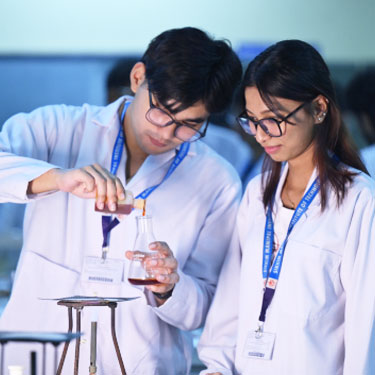DATES TO REMEMBER :
15th March 2026: Last date to apply for admissions
01st August 2026: Course commencement date
Overview
The Department has well - equipped laboratories and workshops with latest equipment/machineries as per the requirement of modern industry. Besides the conventional machine tools, the department also has CNC machines and softwares like Pro-E, ANSYS, CNC Lathe, Cut Viewer, Computer Aided Design and Manufacturing Lab.
The Fluid Mechanics Lab, Thermal Engineering Lab, Dynamics Lab and Strength of Materials Lab have well-designed equipments to complement the knowledge gathered in these fields. Apart from quality teaching, the faculty members are actively engaged in research in the areas of Micro and Nano-Machining, Energy Management, Metal Cutting, Optimisation, Production Management and Operation Research, Quality Management etc.
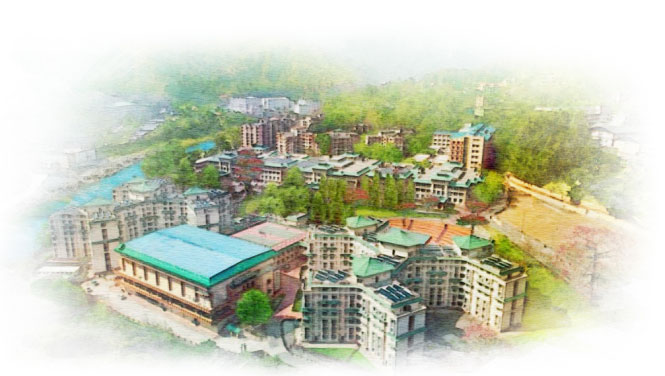
Crafting success
stories with excellence
in education.
ELIGIBILITY
- B.Tech. - Passed 10+2/equivalent with 45% marks (40% in Reserved Category) in Physics & Maths (Mandatory) and any one from the following: Computer Science / Electronics / Information Technology / Biology / Chemistry /Informatics Practices / Biotechnology / Technical Vocational subject / Engineering Graphics / Business Studies / Entrepreneurship."Graphics / Business Studies / Entrepreneurship.
- B.Tech. [L.E.] - Passed Diploma in any branch in Engineering and Technology with at least 45% marks (40% in Reserved Category) OR BSc with at least 45% marks (40% in Reserved Category) and passed 10+2 exam with Mathematics as a subject OR passed D.Voc stream in the same or allied sector.
ENTRANCE EXAMINATION
a) General Category, Defence, North East, Gorkha Territorial Administration (GTA) and Paramilitary Force Categories:
- The candidates will have to appear for the JEE to be conducted by the CBSE.
- Cut-off JEE Main Score in All India JEE applicable to all reserved categories will be displayed on our website www.smu.edu.in.
b) Sikkim Category:
- Candidates should apply to the Director, Technical Education, HRDD and Government of Sikkim. They should appear in the entrance test conducted by the Government, the details of which will be notified by the Director, HRDD, Technical Education.
c) SMIT Online Test:
- Candidates seeking admission under this category will have to appear for online test conducted by SMU.
d) MU-OET Category:
- Manipal University Online Entrance Test (MU-OET) 2017
Program FEES
| Fee | Fees For General (Gen), North East (NE), Defence (Def), ParaMilitary Force (PMF) ,GTA & SAARC | Fees For Sikkim Quota Students | Fees For Non SAARC | Fee Structure ofr NRI / Foreign Category |
| Caution Deposit | 10,000 | 10,000 | 10,000 | 10,000 |
| Exam Fees (One time per year) | 3,500 | 3,500 | 5,000 | 3,500 |
| Lumpsum | 3,12,700 | 1,83,500 | 3,90,900 | $7600 |
| YEARLY | Fees For General Category Students | Fees For Sikkim Quota Students | Fees For Non SAARC | Fee Structure ofr NRI / Foreign Category |
| First Year I Installment | 1,62,850 | 95,500 | 2,03,300 | $3900 |
| First Year II Installment | 1,62,850 | 95,500 | 2,03,300 | $3900 |
| Second Year I Installment | 1,62,850 | 95,500 | 2,03,300 | $3900 |
| Second Year II Installment | 1,62,850 | 95,500 | 2,03,300 | $3900 |
| Third Year I Installment | 1,62,850 | 95,500 | 2,03,300 | $3900 |
| Third Year II Installment | 1,62,850 | 95,500 | 2,03,300 | $3900 |
| Fourth Year I Installment | 1,62,850 | 95,500 | 2,03,300 | $3900 |
| Fourth Year II Installment | 1,62,850 | 95,500 | 2,03,300 | $3900 |
- Engineering knowledge: Apply the knowledge of mathematics, science,
engineering fundamentals, and an engineering specialization to the solution
of complex engineering problems.
- Problem analysis: Identify, formulate, review research literature, and
analyze complex engineering problems reaching substantiated conclusions
using first principles of mathematics, natural sciences, and engineering
sciences.
- Design/development of solutions: Design solutions for complex engineering
problems and design system components or processes that meet the specified
needs with appropriate consideration for the public health and safety, and
the cultural, societal, and environmental considerations.
- Conduct investigations of complex problems: Use research-based knowledge and
research methods including design of experiments, analysis and
interpretation of data, and synthesis of the information to provide valid
conclusions.
- Modern tool usage: Create, select, and apply appropriate techniques,
resources, and modern engineering and IT tools including prediction and
modeling to complex engineering activities with an understanding of the
limitations.
- The engineer and society: Apply reasoning informed by the contextual
knowledge to assess societal, health, safety, legal and cultural issues and
the consequent responsibilities relevant to the professional engineering
practice.
- Environment and sustainability: Understand the impact of the professional
engineering solutions in societal and environmental contexts, and
demonstrate the knowledge of, and need for sustainable development.
- Ethics: Apply ethical principles and commit to professional ethics and responsibilities and norms of the engineering practice.
- Individual and team work: Function effectively as an individual, and as a
member or leader in diverse teams, and in multidisciplinary settings.
- Communication: Communicate effectively on complex engineering activities
with the engineering community and with society at large, such as, being
able to comprehend and write effective reports and design documentation,
make effective presentations, and give and receive clear instructions.
- Project management and finance: Demonstrate knowledge and understanding of the engineering and management principles and apply these to one’s own work, as a member and leader in a team, to manage projects and in multidisciplinary environments.
- Life-long learning: Recognize the need for, and have the preparation and ability to engage in independent and life-long learning in the broadest context of technological change.
- The Mechanical Engineering Graduates will be able to apply the mechanical principles to specification, fabrication, operation, or documentation of basic mechanical systems or processes and its management.
- Students will be capable to work in power plants and manufacturing industry in the sphere of operation and maintenance. They will be also able to function in the software industry in the areas of design and development of software tools such as AUTO CAD, Solid works, CATIA.
- To excel in industries, technological fields and professional/personal career.
- To develop ability to apply mathematical, scientific and engineering concept to solve real life industrial problems.
- To develop engineering analytical skills in analyzing, designing and developing useful novel products related to mechanical engineering.
- To develop effective communication skills, multidisciplinary approach, excellent teamwork spirit and ability to lead the team.
- To exhibit professionalism with high moral, social and ethical values.
- To provide strong foundation of mechanical engineering for higher education and research.
- Click Here for ME Syllabus 2024
- Click Here for ME Course Outcomes
- Click Here for ME Syllabus.
- Click Here for ME Revised Syllabus 2018
- Click Here for ME Syllabus 2019
The rigorous training that the students Smart nurturing of the students make them worthy professionals. They are perfect conditioned with technical skill sets sought after by the core and modern IT Industry. The students of Mechanical Engineering bag the most number of on-campus placement offers and our distinguished alumni are working with organizations like LT elevator, FL Smidth, Dalmia cements, Medtronics, Keysights and many more.
Entrepreneurship
Development cell (EDC)
Helps students in exploring entrepreneurial opportunities.
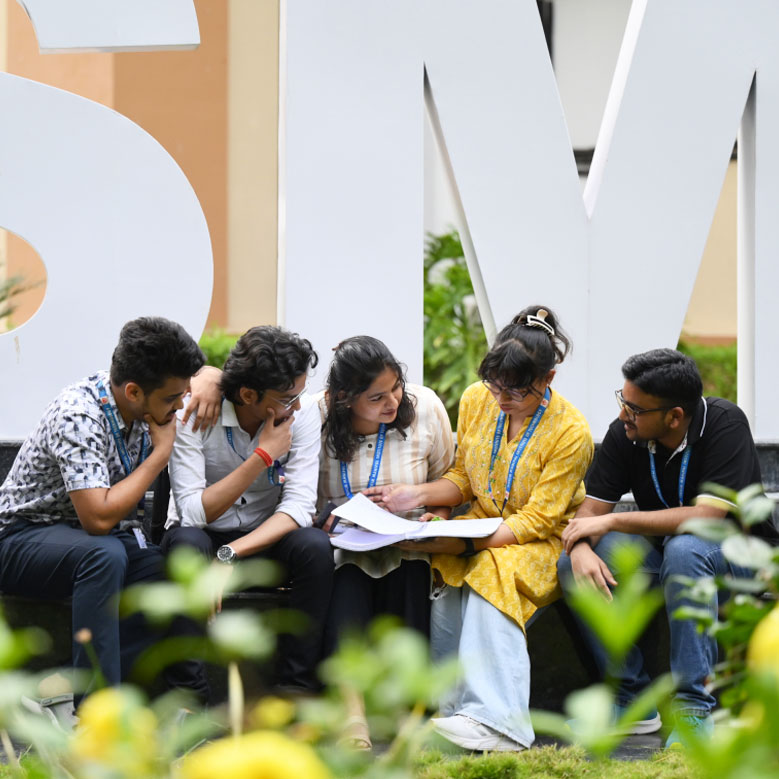
Students are encouraged to engage in practical's making them industry ready
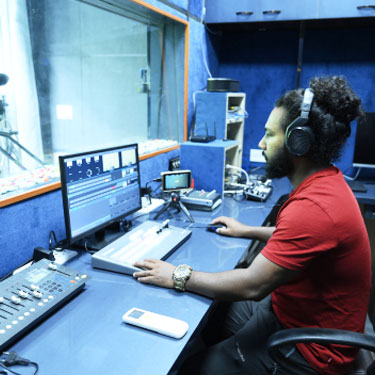
World-class campus in a tranquil environment
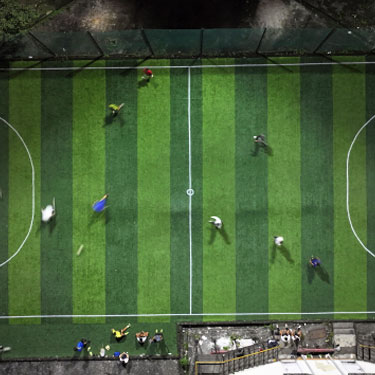
Best-in-class laboratories and workshops for practical exposure
